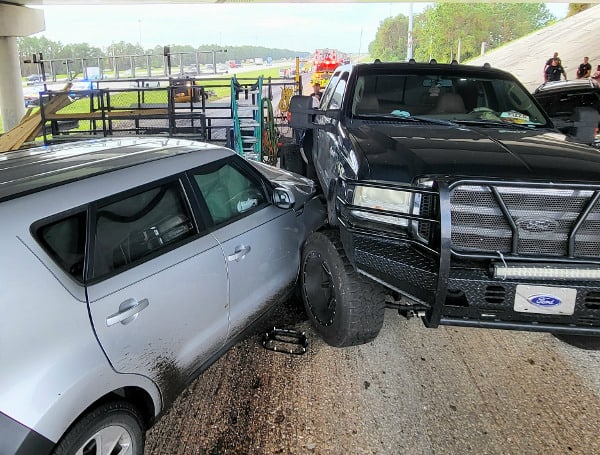Residents of Florida need to understand how no-fault car insurance works in the state. So, let’s explore and explain six key features.
No-Fault System Basics
Before we look at the features of no-fault car insurance in The Sunshine State, you need to understand how no-fault car insurance works in Florida.
Well, basically, it works like this: your own insurance company pays for your medical bills and other expenses, regardless of who causes the car accident.
Keep in mind that property damage isn’t covered under the no-fault system, and you still need to pursue claims through other means if you’re at fault.
1. Personal Injury Protection (PIP) Coverage
The foundation of Florida’s no-fault insurance system is Personal Injury Protection coverage.
By law, drivers in Florida are required to carry a certain minimum of PIP coverage. This serves as protection for both you and any passengers in your vehicle by covering medical expenses up to the policy limit after an accident.
2. Property Damage Liability Insurance
Alongside PIP, Florida also mandates that drivers carry Property Damage Liability insurance with a specific amount of minimum coverage.
This type of insurance protects you financially by paying for damages caused to someone else’s property in an accident where you’re at fault.
3. Bodily Injury Liability Coverage
Bodily Injury Liability insurance is optional in Florida. However, it’s a vital addition to your policy if you want complete protection.
It covers expenses related to the injuries or death suffered by someone else in an accident for which you are deemed responsible.
4. Limitations on Suing
One key feature of no-fault insurance is that it limits the ability of injured parties to sue each other after an accident.
In Florida, individuals can only file a lawsuit for damages if they’ve sustained a severe injury such as permanent disfigurement, significant scarring, or loss of bodily function. However, this restriction doesn’t apply when suing for property damage claims.
5. Uninsured Motorists Coverage
Despite Florida’s no-fault system requiring drivers to have PIP coverage, there are still many uninsured motorists on the roads. For this reason, it is highly recommended that you add Uninsured Motorist (UM) coverage to your policy.
UM insurance will cover your medical expenses if you’re injured in an accident caused by a driver who lacks car insurance or doesn’t have enough coverage to pay for your bills.
6. No-Fault Thresholds
In some cases, Florida law allows drivers to move beyond its no-fault system after reaching specific thresholds—known as tort thresholds—that permit filing lawsuits for additional compensation.
This can occur when medical bills exceed your PIP limits or if injuries meet severe injury criteria as stipulated under Florida law.
You Can Still Hire a Florida Car Accident Lawyer if You’re Seriously Injured in an Accident
Despite the limitations on lawsuits due to the no-fault system, in cases of severe injury or when your PIP coverage isn’t enough to cover your expenses, you have the right to hire a skilled car accident injury lawyer.
For example, residents of Orlando and surrounding areas can seek legal representation from experienced attorneys who are experts at navigating Florida’s complex car insurance laws.
With proper guidance from your lawyer, you may be able to recover additional compensation for medical bills, pain and suffering, or lost wages that weren’t initially covered by your insurance policy.
The Takeaway
Understanding Florida’s no-fault car insurance system is crucial for drivers in the state. Familiarizing yourself with key features and options can help you make informed decisions, ensuring optimum protection and peace of mind on the road.
Android Users, Click To Download The Free Press App And Never Miss A Story. Follow Us On Facebook and Twitter. Signup for our free newsletter.
We can’t do this without your help; visit our GiveSendGo page and donate any dollar amount; every penny helps.

